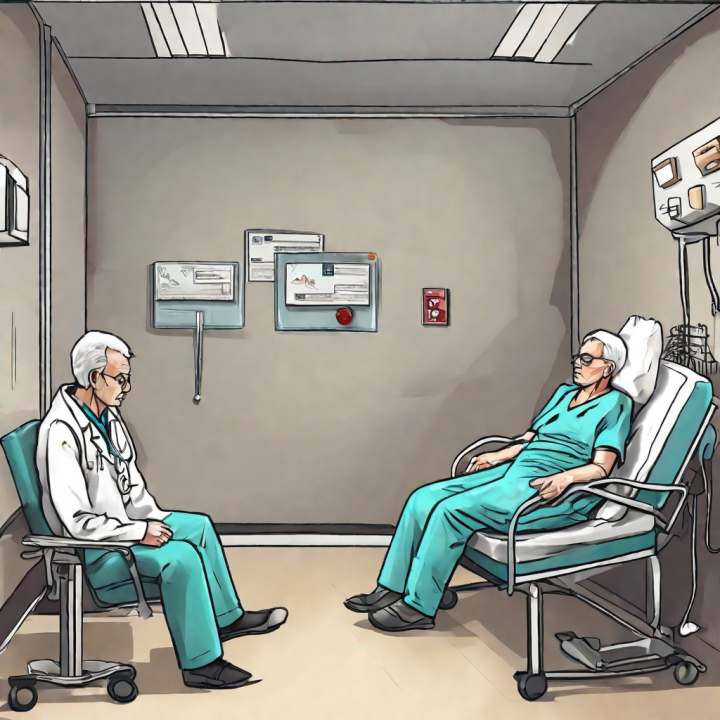Chronically Ignored

By Roi Shternin
It's no secret that those of us suffering from chronic illnesses and disabilities are often misunderstood and dismissed by the public, employers, healthcare providers, and even friends and family. Our symptoms are brushed off as imaginary or exaggerated. Our limitations are seen as a choice or a personal failing, rather than a medical reality we live with every day. This pervasive ignorance leads to discrimination, prejudice, and isolation for millions of chronically ill people.
As someone who lives with multiple chronic conditions, I have experienced this damaging stigma firsthand. When I push myself too hard and have a flare-up that leaves me bedridden for days, I'm accused of "faking it" or not trying hard enough to overcome my illness. If I miss too much work or class, I'm viewed as lazy rather than legitimately sick. Doctors have told me the excruciating nerve pain and fatigue I battle daily are "all in my head" because their tests don't show anything definitively wrong. Friends stop inviting me to social events because I often have to cancel plans at the last minute when my symptoms suddenly worsen.
This lack of understanding about chronic illness has caused many disabled individuals like myself to internalize ableism. We start to doubt ourselves and feel ashamed, as if our inability to function like healthy people is somehow a personal failure. But the truth is, we did not choose this life of constant pain, severe fatigue, and serious health challenges. We are doing the best we can with the cards we've been dealt. Our limitations are real and should not be stigmatized.
It's time for society to stop ignoring, blaming, and shaming those of us with chronic illnesses and disabilities. We deserve patience, compassion and accommodation to live our best lives. Our voices and experiences are just as valid as anyone else's. We have so much to offer if given the chance.
The first step is educating yourself on the wide spectrum of chronic illnesses that affect 1 in 2 adults in the U.S. Learn the difference between acute and chronic conditions. Understand that many chronic illnesses like fibromyalgia, chronic fatigue syndrome, and endometriosis cannot be seen on standard lab tests and imaging, but are very real. Check your ableist assumptions. Offer support by listening without judgment. Understand accommodations at school and work enable us to succeed, not provide an unfair advantage.
With greater public awareness and empathy regarding chronic illness, we can start tearing down limiting stereotypes. A more inclusive society uplifts everyone. We all benefit when diverse needs are recognized and respected. But it starts with acknowledging the unique challenges of the chronically ill and disabled. We will no longer be ignored. Our truths will be heard. Our lives have value. It's time we are seen.
My book: "What do Patients Want?" is all about this topic and other patient voices and needs and can be found here: https://bookgoodies.com/a/B0BW35YFT6